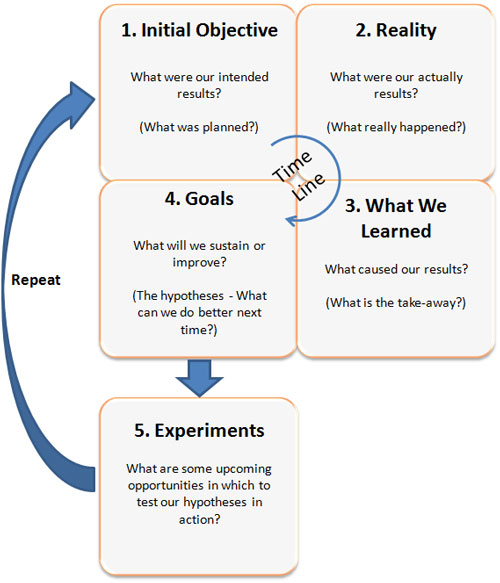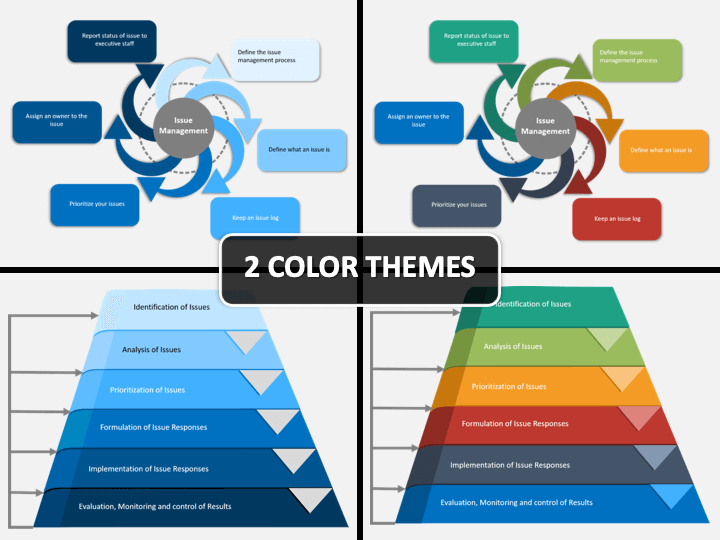
Managers at the front line are responsible for addressing unique store situations and preventing future problems. They also encourage employees to improve themselves, something that is particularly important in difficult economic times. In addition to these general duties, front line managers have other specific responsibilities. These include communication skills, employee development, and customer service.
Communication skills
The front-line managers are responsible to all employees at all levels of the organization. These managers must possess excellent communication skills. They must be able and able to communicate with employees effectively. Communication is essential. You must be able to communicate clearly and listen well. Effective communication requires the ability to communicate complex issues effectively and translate them.
Not only must they communicate well with employees but also with clients and middle managers. In order to build and maintain business relationships, they must communicate effectively with people. They should be able demonstrate empathy and establish rapport. They should have good listening skills in order to gather valuable feedback from others and then address them appropriately.

Develop team members
The day-today operation of a company is in the hands of its front-line managers. This means they must have a range of skills. These skills range from communication and strategic thinking to coaching and emotional intelligence. They must also be adept at listening, analyzing problems, and motivating a team.
Front-line managers need to be able understand and measure the company's goals. They must be able to recognize and comprehend the different stressors that affect team members. This will help them determine the most effective ways to accomplish their tasks, including the most effective way to distribute responsibilities.
How to manage employees' behavior
Managing employee behavior is a key component of effective management. It is an important part of employee engagement. Frontline managers must recognize and collaborate with HR to address the issues. When employees fail to meet expectations, they must be challenged.
Change in mindset is one of the biggest challenges faced by frontline managers. Many see their job boundaries and fear change. Others, however, recognize the need for role reorganization but are hesitant to change their mindset. It is vital for companies to tackle these insidious mind-sets, such as the idea that employees are incapable of learning new things, negative attitudes toward customers, and a lack of confidence.

Managing customer service
In order to effectively manage customer service, a front line manager must be an effective team leader and have strong communication skills. They should also have experience working in customer service. A front-line manager may be promoted to human ressources or training coordinator. Or they might become the head for customer service. Some may go on to become vice presidents or CEOs.
The primary role of the front line manager is to communicate customer concerns to other managers. This helps to bridge the gap between customers and companies, improving customer satisfaction. Another important aspect of being a front line manager is dealing with employee issues. For example, an employee may be slacking on their duties, or he or she may skip a shift. These situations should be dealt with quickly by the front-line manager.
FAQ
How does a manager learn to manage?
Through demonstrating good management skills at every opportunity
Managers should monitor the performance and progress of their subordinates.
It is important to take immediate action if your subordinate doesn't perform as expected.
You must be able to spot what is lacking and how you can improve it.
What are management concepts, you ask?
Management Concepts are the principles and practices managers use to manage people and resources. They cover topics like job descriptions (job descriptions), performance evaluations, training programmes, employee motivation and compensation systems.
What are the most important management skills?
Business owners need to have management skills, no matter how small or large they may be. They include the ability to manage people, finances, resources, time, and space, as well as other factors.
Managerial skills are required when setting goals and objectives and planning strategies, leading employees, motivating them, solving problems, creating policies, procedures, or managing change.
As you can see there is no end to the number of managerial tasks.
What is the meaning of "project management?"
Management is the act of managing activities in order to complete a project.
We include defining the scope of the project, identifying the requirements, preparing the budget, organizing the project team, scheduling the work, monitoring progress, evaluating results, and closing down the project.
How can a manager motivate employees?
Motivation can be defined as the desire to achieve success.
Engaging in something fun can be a great way to get motivated.
You can also get motivated by seeing your contribution to the success or the improvement of the organization.
If you are a doctor and want to be one, it will likely be more rewarding to see patients than to read medical books every day.
The inner motivation is another type.
You might feel a strong sense for responsibility and want to help others.
Maybe you like working hard.
Ask yourself why you aren't feeling motivated.
Next, think of ways you can improve your motivation.
Statistics
- 100% of the courses are offered online, and no campus visits are required — a big time-saver for you. (online.uc.edu)
- The profession is expected to grow 7% by 2028, a bit faster than the national average. (wgu.edu)
- Our program is 100% engineered for your success. (online.uc.edu)
- The average salary for financial advisors in 2021 is around $60,000 per year, with the top 10% of the profession making more than $111,000 per year. (wgu.edu)
- This field is expected to grow about 7% by 2028, a bit faster than the national average for job growth. (wgu.edu)
External Links
How To
How can you implement the Kaizen technique?
Kaizen means continuous improvement. The term was coined in the 1950s at Toyota Motor Corporation and refers to the Japanese philosophy emphasizing constant improvement through small incremental changes. It's a team effort to continuously improve processes.
Kaizen is one of Lean Manufacturing's most efficient methods. Employees responsible for the production line should identify potential problems in the manufacturing process and work together to resolve them. This improves the quality of products, while reducing the cost.
Kaizen is about making everyone aware of the world around them. It is important to correct any problems immediately if they are discovered. Report any problem you see at work to your manager.
When doing kaizen, there are some principles we must follow. The end product is always our starting point and we work toward the beginning. We can improve the factory by first fixing the machines that make it. Next, we repair the machines that make components. Then, the machines that make raw materials. And finally, we fix the workers who work directly with those machines.
This method, called 'kaizen', focuses on improving each and every step of the process. When we are done fixing the whole factory, we go back to the beginning and continue until we reach perfection.
It is important to understand how to measure the effectiveness and implementation of kaizen in your company. There are many methods to assess if kaizen works well. One of these ways is to check the number of defects found on the finished products. Another way is to check how much productivity has grown since kaizen was implemented.
If you want to find out if your kaizen is actually working, ask yourself why. You were trying to save money or obey the law? Did you really think that it would help you achieve success?
Congratulations! You are ready to start kaizen.